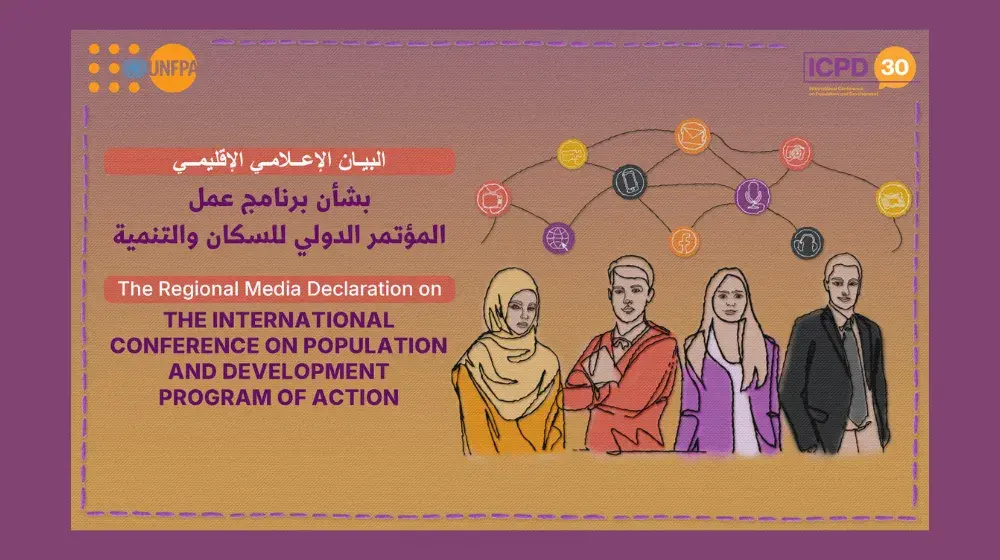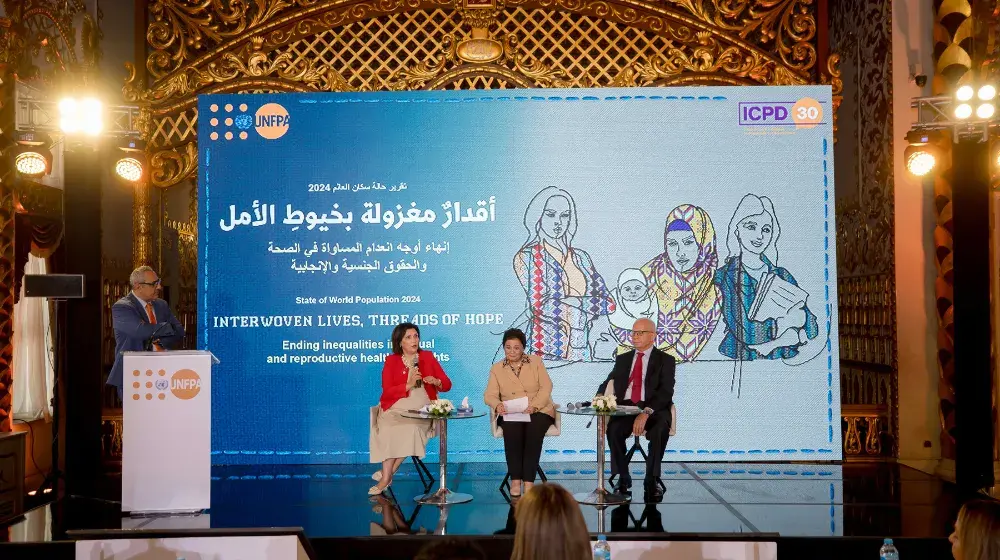Sana’a, Yemen, 10 July 2015 – Since late March the situation in Yemen has deteriorated as a result of armed conflict and eighty percent of the population is now in need to some kind of humanitarian assistance. More than 1.2 million Yemenis have been displaced, a majority of them women and children. Among the affected population, 525,000 women are estimated to be pregnant, of which almost 80,000 will experience obstetric complications requiring life-saving emergency obstetric and antenatal care. Without such care, as many as 4,000 women risk dying.
According to national surveys, maternal mortality in Yemen had declined from 365 maternal deaths per 100,000 live births in 2003 to 148 in 2013. However, it is now feared that the current crisis could lead to a backlash of increase in maternal deaths.
UNFPA, the United Nations Population Fund, has provided 344 reproductive health kits worth more than $500.000 to enable life-saving services to some 1.8 million women of reproductive age affected by the war. Reproductive health kits include items for ensuring safe and clean deliveries, management of miscarriages, as well as providing rape treatment and contraceptives.
UNFPA is distributing dignity kits worth $850,000 that includes clothing, sanitary napkins, washing soaps, bags and flashlights and other items. Twenty six thousand dignity kits have been distributed in Sana’a, Taiz, Lahj, Hodeida, Hajjah, Hadramout and Al-Dhale governorates. Additional dignity kits are ready for distribution when the security situation allows it. “The war in Yemen has significantly affected women and girls and very little attention has been given to their personal needs”, the UNFPA Representative to Yemen, Ms. Lene K. Christiansen stated following a recent visit to Yemen. “These kits will help restore the dignity of the most vulnerable internally displaced women and facilitate their access to health services, increase their mobility during crisis and serve as entry point for protection. Thus dignity kits are crucial aid supplies for women and girls”, she added.
UNFPA works with its national counterparts, such as Ministry of Public Health and Population, Yemen Family Care Association, Yemen Women Union and others, to reach the most affected populations to ensure that the needs of women and girls of reproductive age are not forgotten during the ongoing crisis.




